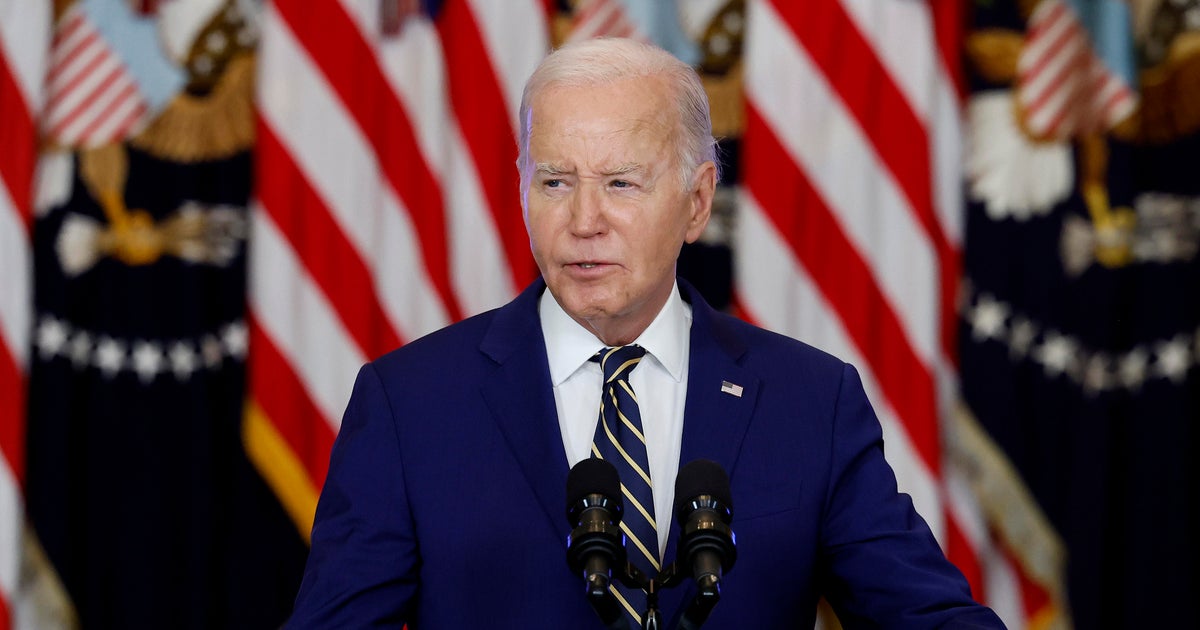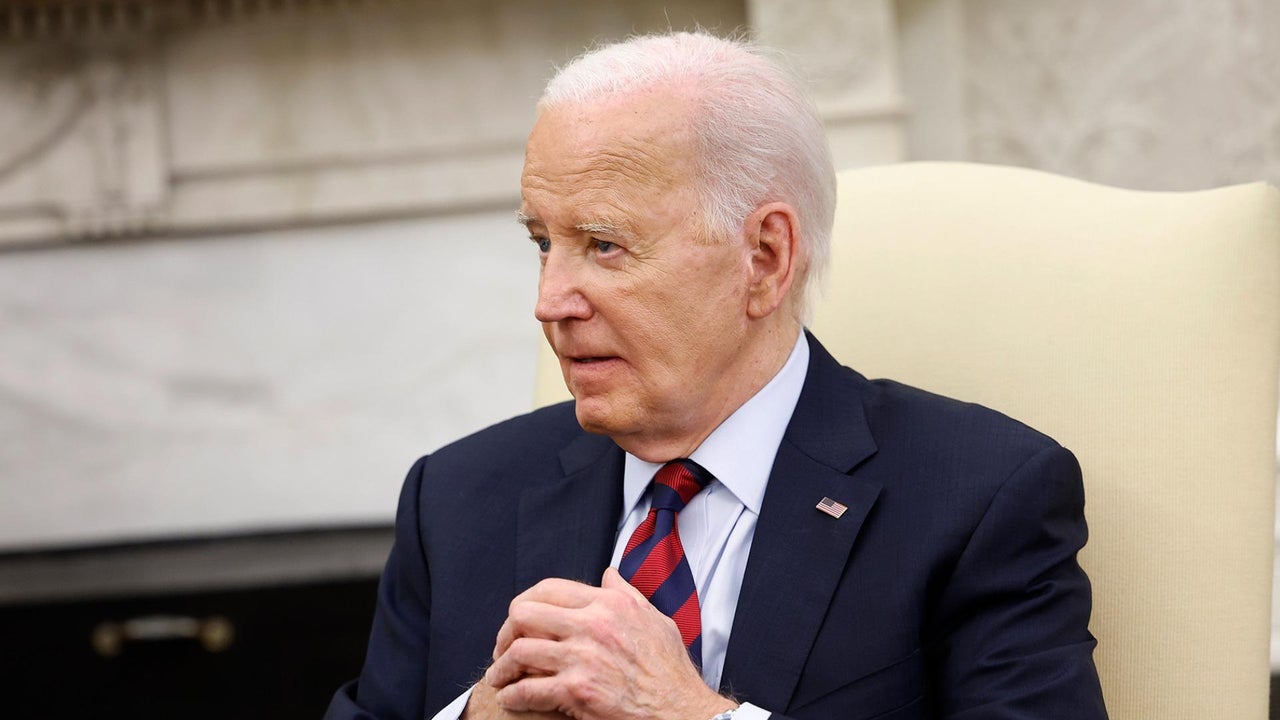President Biden is set to unveil a comprehensive immigration program aimed at granting legal status and a streamlined path to U.S. residency and citizenship for approximately half a million unauthorized immigrants married to American citizens. This initiative, announced on Tuesday at a White House event commemorating the 12th anniversary of DACA, marks a significant move in U.S. immigration policy.

Overview of Biden’s Immigration Initiative
The Department of Homeland Security’s new policy will allow qualifying immigrants, who have lived in the U.S. for at least 10 years and meet specific criteria, to apply for work permits and deportation protections. More importantly, the program will offer a pathway to permanent residency, commonly known as a green card, and eventual U.S. citizenship for many of its beneficiaries. This program is poised to become the largest government initiative for undocumented immigrants since the DACA program under the Obama administration.
Key Benefits of the Program
- Immigration Parole Authority: Eligible applicants will be able to live and work in the U.S. legally temporarily under the immigration parole authority, including the Parole-in-Place policy. This will eliminate hurdles in current U.S. law that require immigrants who entered illegally to leave the country to obtain permanent legal status.
- Green Card Eligibility: The policy will enable immigrants married to U.S. citizens to obtain green cards without the need to leave the U.S., thereby avoiding triggering a 10-year ban associated with re-entering legally after living in the country illegally.
- Path to Citizenship: After residing in the U.S. as green card holders for 5 years, immigrants will be eligible to apply for American citizenship.
- Impact on Families: Approximately 500,000 unauthorized immigrants with U.S. citizen spouses are expected to qualify for the program. Additionally, an estimated 50,000 immigrant children with a parent married to a U.S. citizen will benefit. Stepchildren of U.S. citizens who are under 21 years old will also be eligible for the Parole-in-Place program.
Challenges and Legal Implications
The Biden administration’s immigration plan is likely to face legal challenges, particularly from Republican-led states that have opposed previous immigration policies. Legal battles may arise over the executive actions taken to implement this program, akin to past legal disputes over immigration measures.
In addition, the rollout of the Parole-in-Place program is expected to begin accepting applications by the end of summer, with potential delays and procedural challenges anticipated. Nonetheless, the administration remains committed to expanding access to legal status and citizenship for undocumented immigrants, particularly those with strong family ties to U.S. citizens.

This initiative comes as part of broader efforts by the Biden administration to overhaul immigration policies, which also includes measures to streamline the process for DACA recipients and other undocumented immigrants who have graduated from U.S. colleges to obtain employment-based visas. The State Department’s announcement of a streamlined visa process underscores the administration’s commitment to providing opportunities for high-skilled workers and graduates contributing to the U.S. economy.
